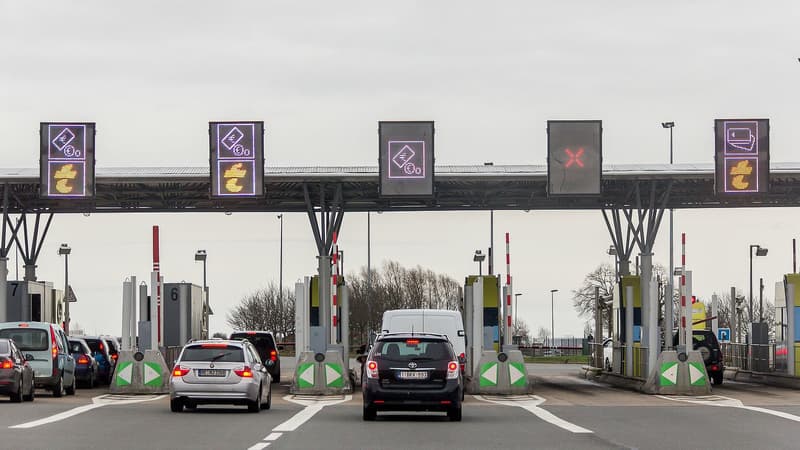Grain to grind for the detractors of highway concessions. In its second report on the general economy of the concessions, published this Thursday, the Transport Regulation Authority (ART, ex-Arafer) supports the idea of an at least partial review of the contracts signed between public administrations and private concessionaires , while the price of tolls is regularly questioned.
In this way, it identifies a lever for action in the duration of the contracts. Although the 19 currently signed contracts are very long, several decades, ART advises reducing them to 20 years, to balance a balance of power today in favor of professionals.
Supervise renegotiations
In the absence of shortening the contracts, the authority wants to strictly frame the renegotiations, today “operated outside of all competitive discipline.” This would require a periodic verification of the consistency of these contracts, in order to agree on the development of the legitimate highways to be carried out, their costs, and the adjustment of toll prices, as appropriate.
A review that is all the more important, as the authority points out, for future contracts, new challenges, linked to the uncertain macroeconomic context, but also to climate change:
Extremely stable profitability
ART also points out that highway operators suffer very little from economic conditions. The IRR (internal rate of return) stands at 7.8% for historical concessions and 6.3% for recent concessions in 2021, that is, a fall of 0.13 points and 0.04 points in five years. The drop in motorway traffic in 2020, for example, has not really affected the rate of return on infrastructure, again due to the extreme duration of the contracts.
On the contrary, permanent and general tax reforms make it possible to considerably modify the investment yields of the operating companies and their investors. The reduction in the corporate tax rate decided by Emmanuel Macron between 2018 and 2022 has allowed a profit of 7,900 million euros for operators; an impact ten times greater than the costs linked to the inflation indexation of the regional development tax, denounced by the industrialists.
“Decisive Decade”
The report is intended to be prospective, highlighting the importance of the coming years for the highway landscape: between 2031 and 2036, the seven most important concessions will come to an end, leaving an opportunity for the State and communities to better negotiate. 90% of the network, and therefore of the tolls, is affected by these deadlines.
It highlights the need for contracts to be completed under good conditions, that is, for investments to be made as planned. And project new contract models, with new imperatives: include ecological imperatives, and redraw the highway network, in particular.
Prices that should have fallen 60% in 2022?
According to The chained duck, which consulted documents related to an expert mission on the price of motorway tolls, the latter should have gone down. The report had been commissioned by Bercy in 2020 and recommended a 60% drop in two-thirds of the network. In question, a return of 12%, while the concession contracts limited them to 7.67%. The state admitted to BFMTV that some concessions exceeded this ceiling, but explained that the report follows an increase in the tax on highways -land use planning- that already generates 1,000 million euros.
Source: BFM TV


